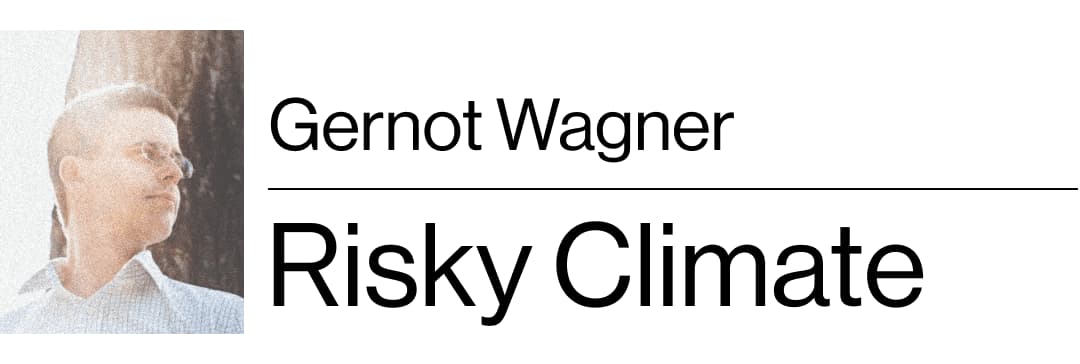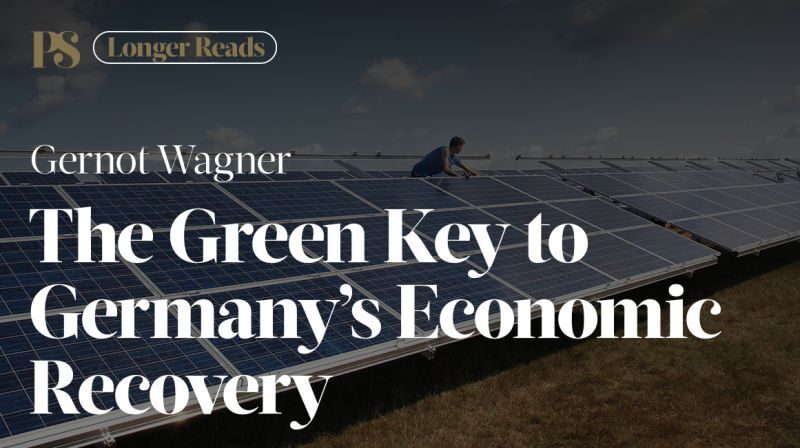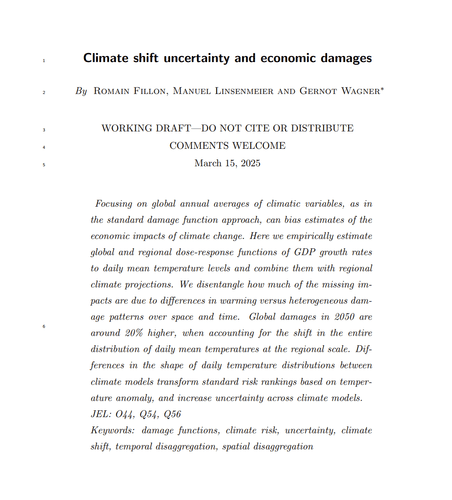Germany's climate election
There is plenty of debate and acrimony, but there is indeed debate about policy solutions.

Read the full Risky Climate column at Bloomberg Green.
After 16 years under the leadership of Angela Merkel, Germany votes for a new chancellor at the end of September. The post-Covid economic recovery and immigration are all on the ballot. But there’s no mistaking this election as a climate vote.
Case in point is the dramatic rise of the Green Party, up from 8% in the polls three years ago, to contend for the chancellorship under the leadership of 40-year-old, London School of Economics-trained Annalena Baerbock. The Greens have been in government before, but never standing the chancellor. For climate watchers, such a win would send significant signals well beyond German borders.
With climate ranking unusually high among domestic political considerations, I asked German energy economist Claudia Kemfert for help making sense of it all. Kemfert is a prominent figure in the nation’s debates over climate policy, and even though we’re both native German speakers she preferred to converse in English—“just simpler that way,” she said—only to switch for the occasional idiom that has no equivalent.
Kemfert threw her hands in the air when asked what will happen in September: “Who knows, it’s campaign silly season.” Or in a German phrase, loosely translated: “Every day, there’s a new sow being driven through town.” There’s always some scandal of the moment that captures the news cycle. The day we spoke, it was accusations that Baerbock was somehow associating herself with slave masters, invoking vivid images of Nazi ideology and talk of an Aryan “master race,” because she had earned a masters degree from LSE.
To Kemfert, Germany’s climate approach is largely a question of speed toward decarbonization and the finer details of who pays for what, rather than the U.S.-style debate on whether climate change is real. Merkel’s successor at the helm of the conservatives, Armin Laschet, “will continue the energy transition,” Kemfert said. It would not be as ambitious as under a Green chancellor, but Germany’s parliamentary system forces a coalition government, making it all but certain that post-election climate policies would be a mix of party positions.
Continue reading at Bloomberg Green.


